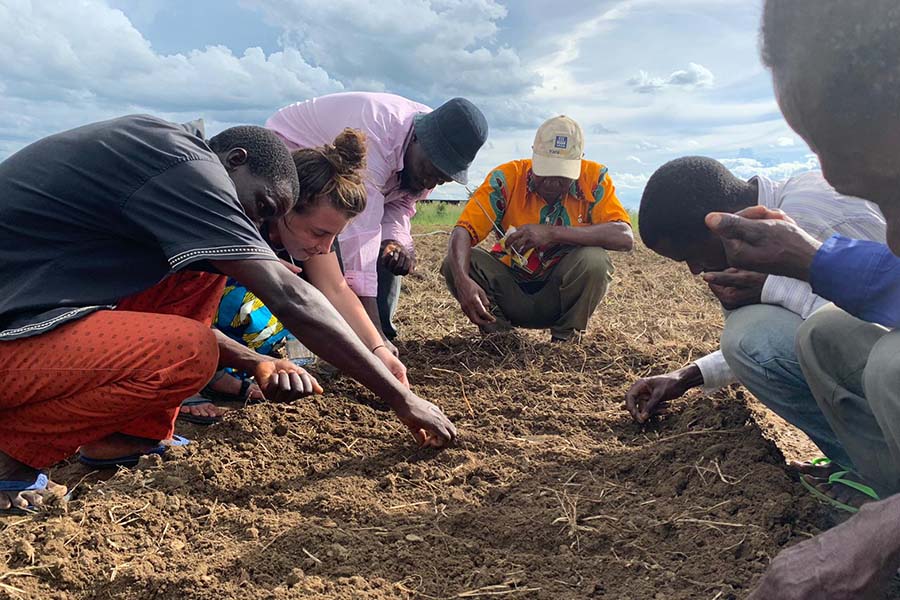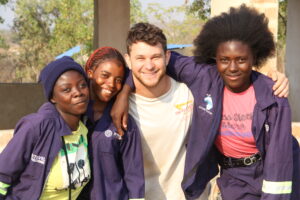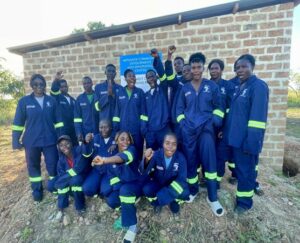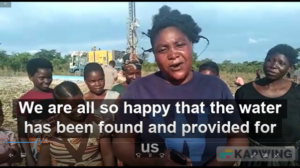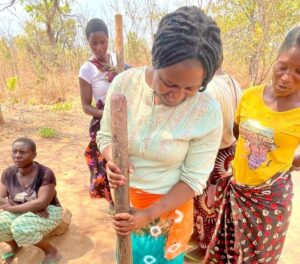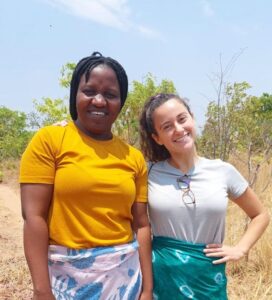In the summer of 2019, Tevel staff embarked on the pilot phase of a development project in Kafue, Zambia. Zambia has the 5th highest rate of hunger (after the Central African Republic, Madagascar, Yemen and Chad) and one of the youngest populations on earth (46% are under the age of 14). This extreme rural poverty and youthful population, coupled with high rates of HIV and high birthrates, means that significant development work is needed for it to successfully transition to a middle-income country with economic equality.
The Kafue region is located about 75 km away from the capital city of Lusaka, but is extremely isolated and has experienced serious deforestation and erosion over the last 10 years. During the baseline data collection phase in Chanyanya, a village in Kafue our team found that:
- 70% of Chanyanya’s villagers earn less than $2 a day.
- 85% of Chanyanya’s adult population attended only elementary school, or never attended school at all.
- Although 64% describe agriculture and animal husbandry as their main occupation (another 20% cite fishing in the river), only 14% report that they have engaged in commercial farming.
- 96% of farmers have never tested their soil composition—an essential practice for success in agriculture.
- 70% of farmers have no irrigation facilities, relying completely on rain to feed their crops.
- 72% of farmers say they have no access to agricultural technology.
We recently finished the pilot phase, which ran from September 2019 – February 2020, where we made important advancements in implementing the community development programs. During this phase a team of Tevel staff and local professionals worked with the community to form farming collectives, women’s entrepreneurship groups, and youth leadership groups.
Data was collected from farmers groups, small-scale commercial farmers and nearby markets about the challenges they are facing. The team also surveyed the field for economic opportunities and existing or potential solutions to address barriers. After the initial data collection, staff developed curriculum and interventions that will help farmers generate more income.
They also worked closely with Green2000, an Israeli agri-tech company, to design a 1-hectare demonstration plot in newly established Roneet Carmell Agricultural Training Center (RCATC), in which different irrigation systems, various crops and different techniques can be practiced and viewed by farmers in the area. The RCATC is the only agriculture training center in the area and has great potential to increase farmer’s access to knowledge, build their skills, and strengthen market linkages.
We are very proud of what we have accomplished together with the people of Kafue, our partners and our supporters, and we wait eagerly for the day we can return and continue our work towards sufficiency and resiliency.

